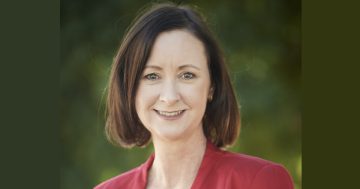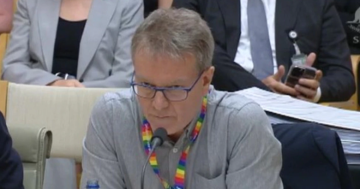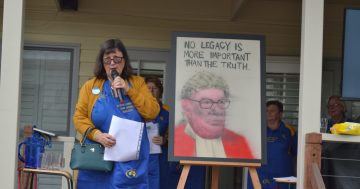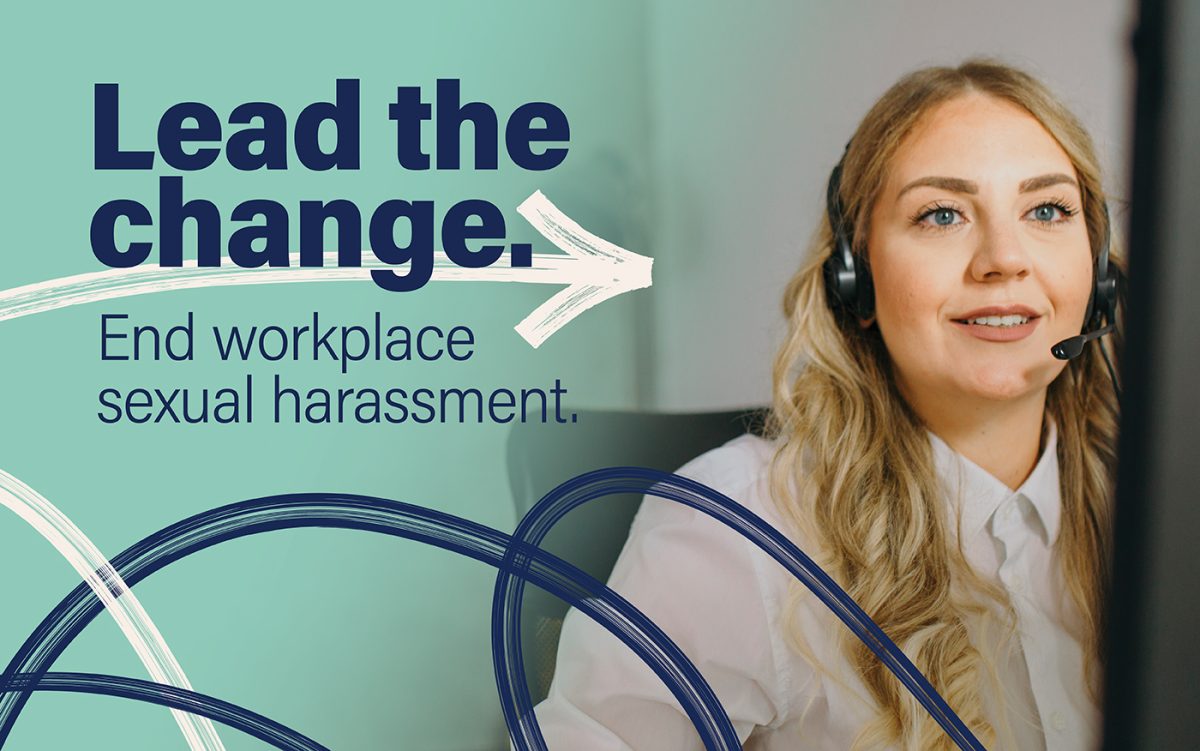
Our Watch is an independent not-for-profit established in 2013 by the Victorian and Commonwealth governments. It came out of the National Plan to Reduce Violence against Women and their Children 2010-22 and continues with all other state and territory governments as members. Photo: Facebook/Our Watch.
Funded by the Department of Social Services, not-for-profit Our Watch has launched a new campaign to support workplaces meet new regulations requiring employers to prevent sexual harassment in the workplace.
‘Lead the Change’ follows laws introduced to the Sex Discrimination Act on 12 December that give the Australian Human Rights Commission (AHRC) new inquiry and enforcement powers to ensure that organisations and business, including APS agencies, are complying with their ‘positive duty’.
Assistant Minister for the Prevention of Family Violence, Justine Elliot, said this was a key recommendation of the AHRC’s Respect@Work Report published in early 2020 and led by Sex Discrimination Commissioner Kate Jenkins.
“We have come too far as a society to continue to allow thousands of women to be pushed out of jobs and opportunities, as a consequence of employers not demonstrating the leadership required to ensure their safety and security,” said Ms Elliot.
“We are looking to industry and business leaders to take up this challenge and help us stamp out this unfair treatment, and foster equality and respect in the workplace once and for all.”
Under the Sex Discrimination Act, the previously mentioned entities now have a ‘positive duty’ to eliminate “as far as possible”, the following unlawful behaviour from occurring:
- Discrimination on the grounds of sex in a work context
- Sexual harassment in connection with work
- Sex-based harassment in connection with work
- Conduct creating a workplace environment that is hostile on the grounds of sex
- And related acts of victimisation.
The legal obligation to actively prevent these incidents – rather than respond only after they occur – is in effect. This national campaign has been launched to support workplaces manage the legislative transition, with free online tools and resources on Our Watch.
According to Our Watch’s most recent survey of 200 Australian business leaders working in organisations employing at least 10 employees, up to 90 per cent believe sexual harassment at work is a serious issue and should be a priority for employers to address.
The Australian Public Service (APS) Commission has acknowledged sexual harassment remains a present concern.
The APS Commissioner handed down directions in 2022 that related to situations when agency heads must settle a sexual harassment dispute with an employee, which include a confidentiality or non-disclosure clause. The directions detail a requirement for agency heads to consult with the Commissioner before entering into an agreement, and also notify them of all existing non-disclosure agreements for each financial year.
According to the commission, these arrangements are to ensure there is accountability and assurance across the APS in the use of confidentiality and non-disclosure provisions for such agreements.
Our Watch CEO Patty Kinnserly said by creating a culture of respect and equality, workplaces could prevent sexual harassment, improve their efficiency, productivity, innovation, creativity and employee engagement.
“Even a small increase in women in leadership roles results in reports of sexual harassment declining by more than 20 per cent in the years that follow,” said Ms Kinnserly. “This is because these employers are more likely to have more policies that support gender equality in the workplace.
“Workplaces can start by auditing their systems and processes to consider whether they directly or indirectly negatively impact men or women; they can help build their leadership team’s commitment to gender equality and respect; and they can action a step-by-step process to achieving equality and respect.”
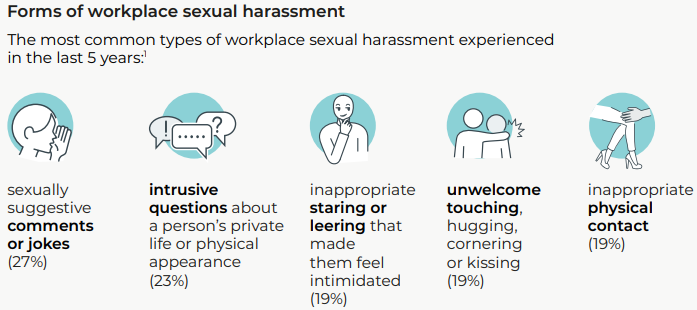
The survey found only 18 per cent of respondents had made a formal report of complaint about sexual harassment at work. But 40 per cent said even once they had, no changes occurred. Photo: AHRC.
A 2022 survey by the AHRC of more than 10,000 people aged 15 years and above found more than two in five women (41 per cent) had experienced sexual harassment at work in the past five years. And slightly more than a quarter of men (26 per cent) had also been sexually harassed at work in that time.
For the same period, it found the rates were even higher for Aboriginal and Torres Strait Islanders (56 per cent), young people between 18-29 (46 per cent), LGBTQI workers (46 per cent) and those with a disability (48 per cent).




